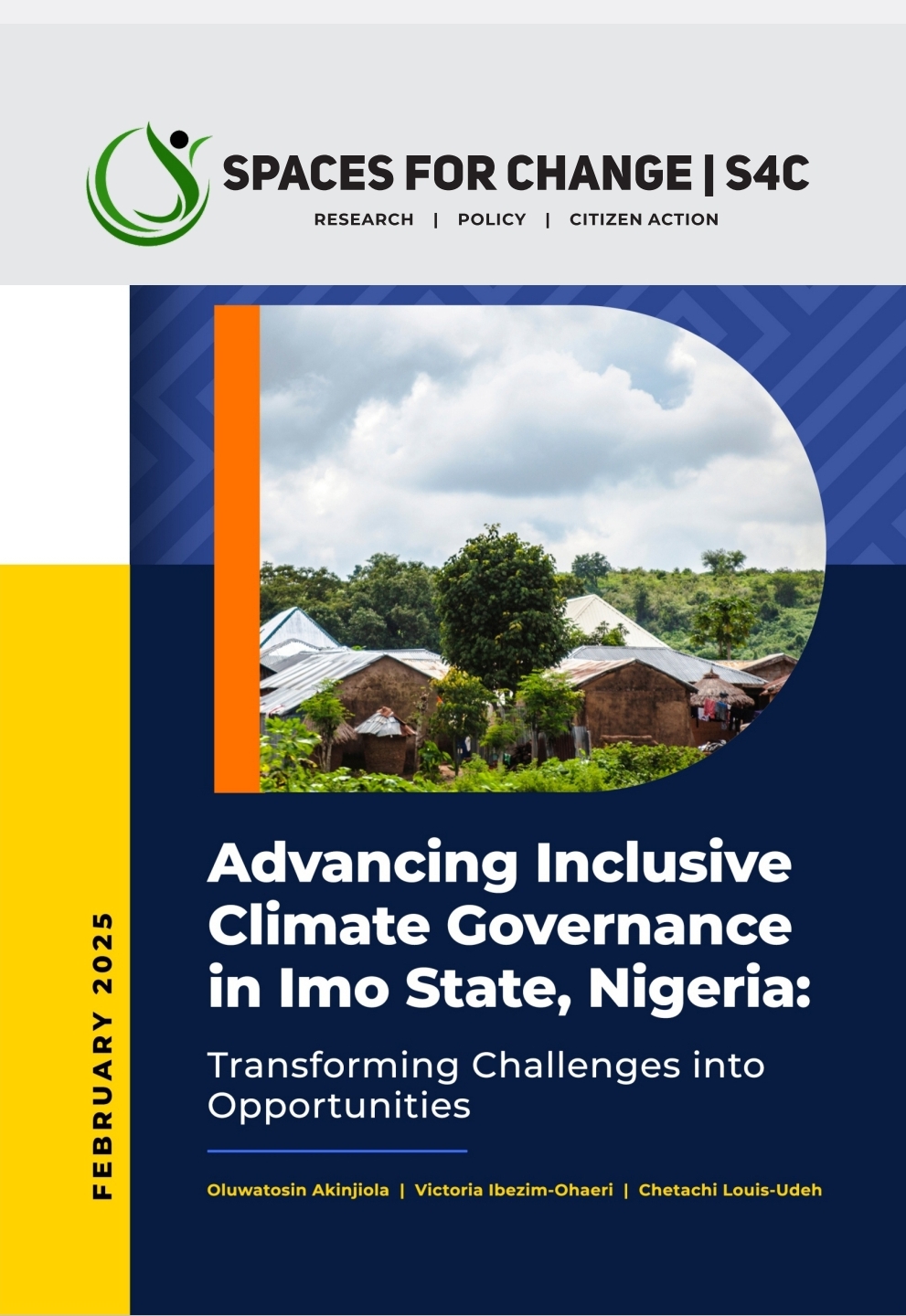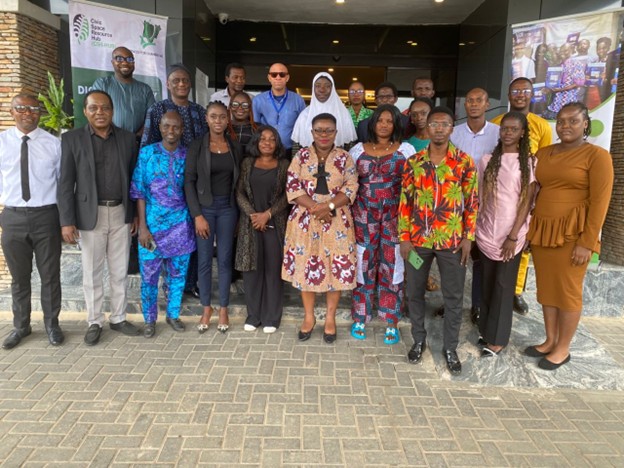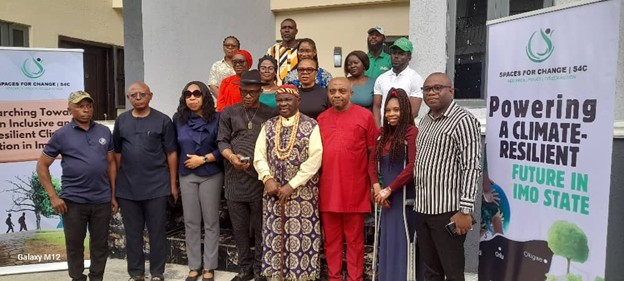Located in the South-Eastern part of Nigeria, Imo State is vulnerable to the multifaceted impacts of climate change which are threatening the ecosystems, economies and livelihoods of millions of residents, particularly in rural communities. Increased incidents of flooding, erosion, acidic rains, warmer temperatures, heat waves, air pollution, diseases, biodiversity losses, etc. are not only on the rise, but also disrupting agricultural productivity, reducing crop yields, destabilizing energy systems and contributing to humanitarian crises. If properly harnessed, Imo State’s huge natural gas deposits and renewable energy resources hold significant potential for mitigating the effects of climate change while safeguarding its natural ecosystems and improving the well-being of its citizens.
With a special focus on the 16-member Imo State Technical Committee on Climate Change (Climate Change Committee) tasked with the responsibility to develop a localized climate change policy, this knowledge paper, Advancing Inclusive Climate Governance in Imo State, Nigeria: Transforming Challenges into Opportunities, highlights the imperative for a state-specific approach to climate action centered on inclusive policy development, institutional capacity building, and meaningful stakeholder engagement. The October 2024 inauguration of the Climate Change Committee through a collaboration between Imo State Ministry of Environment and Sanitation and Spaces for Change (S4C) marks a significant step towards aligning the state’s pursuit of sustainable environmental policies with national action plans and net-zero targets. Among other overarching objectives, it is hoped that the proposed policy will provide strategic direction for reducing the state’s carbon footprints, incentivize renewable energy development, and prioritize nature-based solutions such as reforestation and ecosystem restoration. This is not just about policy development, but an opportunity to lead by example in subnational climate governance and also set a precedent for sustainable development in Nigeria.




